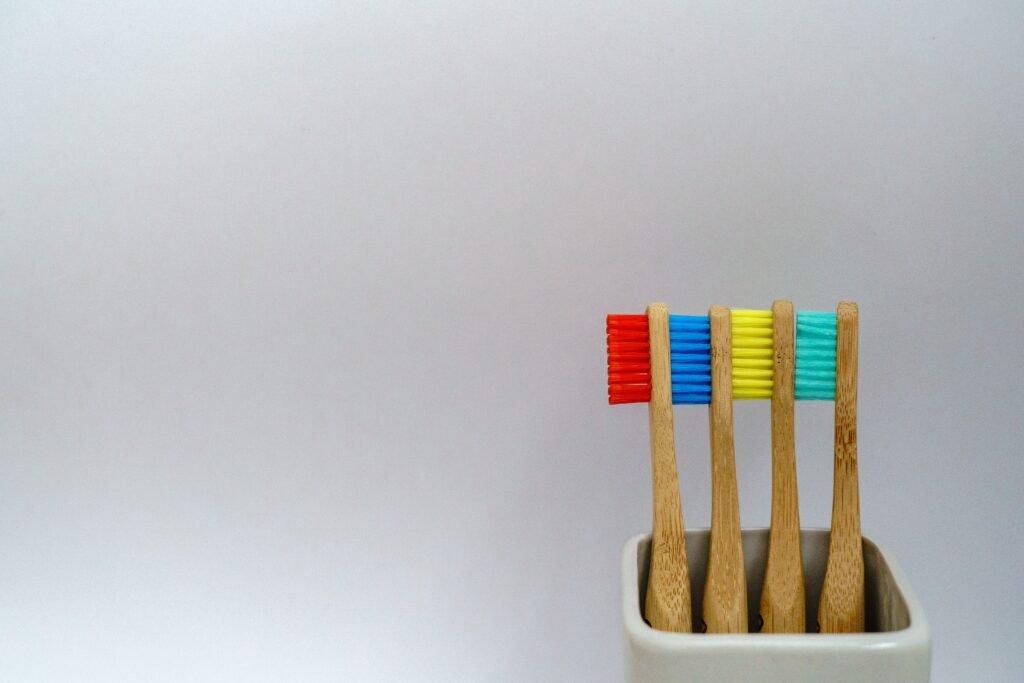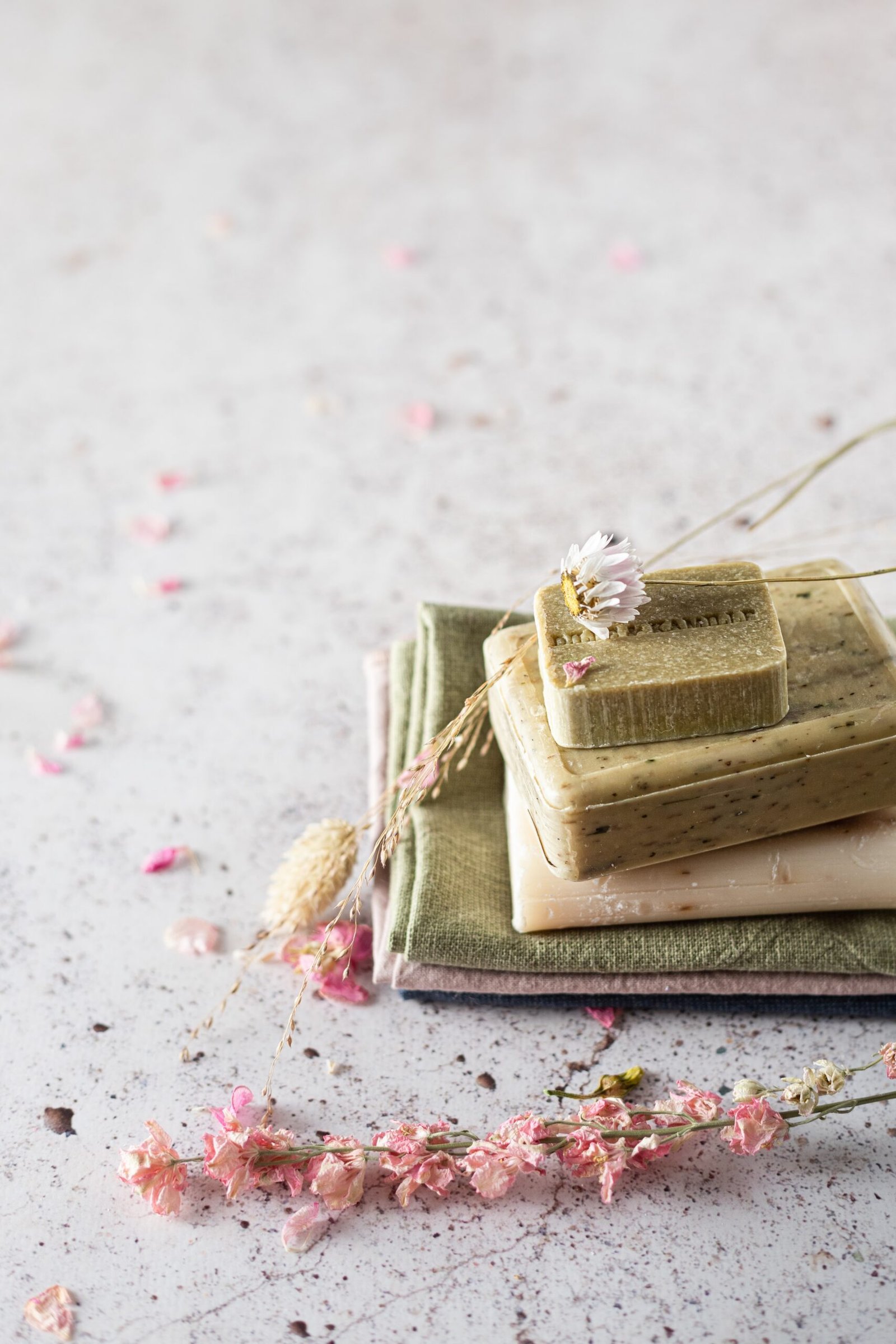Imagine a practice that not only keeps you healthy but also enhances your social interactions. It may sound too good to be true, but there is actually a hygiene practice that checks both boxes: handwashing. Yes, the simple act of washing your hands thoroughly and regularly is not only crucial for preventing the spread of germs and diseases, but it also plays a vital role in fostering community health and strengthening relationships. In this article, we will explore the numerous social and health benefits associated with handwashing and why it deserves special recognition as the ultimate hygiene practice.

Read More Information at Health Joy
Regular Handwashing
How handwashing promotes hygiene
Handwashing is one of the most important hygiene practices that has both social and health benefits. Regular handwashing helps to prevent the spread of germs and bacteria, which can lead to various illnesses and infections. By washing your hands with soap and water, you effectively remove dirt, germs, and bacteria that can accumulate on your hands throughout the day. This simple act of handwashing promotes good hygiene by reducing the risk of contracting diseases and keeping yourself and those around you healthy.
Health benefits of handwashing
Handwashing plays a crucial role in maintaining good health. When you wash your hands, you eliminate harmful bacteria and viruses that can cause illnesses such as colds, flu, and gastrointestinal infections. Proper hand hygiene is especially important in preventing the spread of contagious diseases like COVID-19. By practicing regular handwashing, you reduce the risk of getting sick and promote overall well-being.
Social benefits of handwashing
Handwashing not only benefits your own health but also has a positive impact on the community. By washing your hands regularly, especially before preparing food, eating, or interacting with others, you prevent the transmission of germs and bacteria. This helps to protect your family, friends, and colleagues from getting sick. Additionally, practicing good hand hygiene sets a positive example for others, promoting a culture of cleanliness and consideration for the well-being of everyone in your social circle.
Toothbrushing
The importance of toothbrushing
Toothbrushing is an essential hygiene practice that offers both social and health benefits. Brushing your teeth regularly helps to remove plaque, prevent cavities, and maintain healthy gums. It also promotes fresh breath and a clean, confident smile. Neglecting toothbrushing can lead to a range of dental problems, including tooth decay, gum disease, and bad breath. By making toothbrushing a part of your daily routine, you not only prioritize your oral health but also contribute to your overall well-being.
Health benefits of toothbrushing
Proper toothbrushing has numerous health benefits. It helps to remove food particles and bacteria from your teeth, preventing the formation of plaque. Regular brushing also reduces the risk of cavities, gum disease, and tooth loss. Poor oral hygiene has been linked to various systemic health issues, including cardiovascular disease and respiratory infections. By taking care of your teeth through regular brushing, you support a healthy mouth and contribute to your overall physical health.
Social benefits of toothbrushing
Having good oral hygiene has a positive impact on your social interactions. Fresh breath, clean teeth, and a healthy smile boost your self-confidence and make you feel more comfortable when interacting with others. Maintaining good oral health also eliminates the embarrassment of bad breath or visible dental issues. By practicing regular toothbrushing, you ensure that your teeth and mouth are in top shape, allowing you to present your best self in social situations.

Read More Information at Health Joy
Haircare
Maintaining clean and healthy hair
Proper haircare is essential for maintaining clean and healthy hair. Regular washing, conditioning, and brushing help to remove dirt, oil, and product buildup from your hair and scalp. By keeping your hair clean, you prevent the accumulation of bacteria and fungi that can lead to scalp conditions like dandruff or infections. Maintaining good hair hygiene also involves trimming split ends and avoiding excessive use of heat styling tools, which can damage the hair shaft and cause breakage.
Health benefits of proper haircare
When you take care of your hair, you promote its overall health and integrity. Clean and healthy hair is less prone to scalp conditions such as itchiness, dryness, or infections. Proper haircare practices also help to maintain a balanced scalp pH, reducing the risk of dandruff or excessive oiliness. By avoiding damage from heat styling tools and regularly trimming split ends, you keep your hair strong and prevent further breakage. Taking care of your hair contributes to your overall physical well-being.
Social benefits of proper haircare
Having clean and well-maintained hair can significantly impact your appearance and self-confidence. By practicing proper haircare, you ensure that your hair looks and feels its best, enhancing your overall appearance. Well-groomed hair is often seen as a reflection of personal hygiene and attention to detail, which can positively influence how others perceive you. Additionally, good hair hygiene allows you to style your hair confidently, making you feel more comfortable and ready to socialize with others.
Nail Care
Importance of nail hygiene
Proper nail care is crucial not only for the appearance of your hands but also for your overall hygiene. By keeping your nails clean and well-groomed, you prevent the buildup of dirt, bacteria, and fungi that can accumulate under the nails. Neglecting nail hygiene can lead to nail infections, fungal growth, and the spread of pathogens to your mouth or other areas of your body. Taking the time to care for your nails ensures that they remain healthy and free from potential pathogens.
Health benefits of proper nail care
Practicing good nail hygiene promotes healthy nails and prevents common nail problems. Regular cleaning and trimming of the nails help to prevent ingrown nails and reduce the risk of infections. Properly maintained nails are less likely to accumulate dirt, bacteria, or fungi, minimizing the chances of developing unsightly or painful nail conditions. By taking care of your nails, you contribute to your overall well-being and reduce the risk of nail-related health issues.
Social benefits of proper nail care
Well-groomed nails are often associated with cleanliness and personal hygiene. By practicing proper nail care, you present a polished and put-together appearance. Clean and neatly trimmed nails project a sense of hygiene and attention to detail, which can positively influence how others perceive you. Additionally, maintaining clean and healthy nails eliminates the risk of transmitting infections or pathogens to others through direct contact or contaminated surfaces, making proper nail care important from a social standpoint.

Showering/Bathing
Importance of regular showering/bathing
Regular showering or bathing is essential for maintaining personal hygiene. By cleansing your body regularly, you remove dirt, sweat, and bacteria that can accumulate on your skin. Showering or bathing also helps to unclog pores and exfoliate dead skin cells, promoting healthy skin. By making showering or bathing a part of your routine, you ensure that your body remains clean and fresh, contributing to your overall cleanliness and well-being.
Health benefits of showering/bathing
Showering or bathing has several health benefits, especially for the skin. Cleansing your body helps to prevent bacterial or fungal infections, reduce body odor, and keep your skin looking and feeling healthy. Regular showers or baths also improve blood circulation, which promotes the delivery of essential nutrients to the skin cells. Proper hygiene practices like showering or bathing are vital for maintaining healthy skin and minimizing the risk of skin-related issues.
Social benefits of showering/bathing
Regular showering or bathing is not only important for your personal well-being but also for your social interactions. Good personal hygiene, including cleanliness of the body, is often expected in social situations. By showering or bathing regularly, you ensure that you are presenting yourself in a clean and fresh manner, making you more comfortable and approachable to others. Maintaining good hygiene practices also contributes to a positive and considerate social environment.
Oral Hygiene
Maintaining good oral hygiene
Oral hygiene is crucial for maintaining healthy teeth and gums. It involves regular brushing, flossing, and rinsing with mouthwash to remove plaque, prevent cavities, and maintain fresh breath. By making oral hygiene a part of your daily routine, you effectively remove food particles, bacteria, and plaque from your teeth and gums, preventing dental issues and promoting overall oral health.
Health benefits of oral hygiene
Proper oral hygiene plays a significant role in your overall health. Poor oral health has been linked to various systemic conditions, including cardiovascular disease, diabetes, and respiratory infections. By practicing good oral hygiene, you reduce the risk of developing these health issues. Regular brushing and flossing prevent plaque buildup, which can lead to tooth decay, gum disease, and tooth loss. Taking care of your oral health contributes to a healthier body and overall well-being.
Social benefits of oral hygiene
Maintaining good oral hygiene has numerous social benefits. Fresh breath, clean teeth, and healthy gums contribute to a confident and attractive smile, enhancing your overall appearance and boosting your self-confidence. Good oral hygiene eliminates the discomfort and embarrassment of bad breath or noticeable dental issues, allowing you to socialize comfortably with others. By taking care of your oral health, you present yourself in a positive and well-groomed manner, positively influencing your social interactions.
Body Odor Control
Managing body odor
Controlling body odor is an essential aspect of personal hygiene. Body odor occurs when sweat combines with bacteria on the skin, causing an unpleasant smell. By practicing good hygiene, including regular showering, using deodorant or antiperspirant, and wearing clean clothes, you can effectively manage body odor.
Health benefits of controlling body odor
Proper body odor control is important for maintaining good physical health. Regular showering and the use of antiperspirants or deodorants help to remove sweat and bacteria that can lead to skin infections or irritation. Additionally, by managing body odor, you can feel more comfortable and confident in social situations, reducing the potential stress or anxiety associated with unpleasant odors.
Social benefits of controlling body odor
Controlling body odor has significant social benefits. Unpleasant body odor can negatively affect your interpersonal relationships and interactions with others. By practicing good hygiene and managing body odor, you ensure that you are presenting yourself in a clean and fresh way, making you more approachable and comfortable to be around. Taking care of body odor demonstrates consideration for the well-being and comfort of those around you, fostering positive social connections.
Proper Toilet Usage
Maintaining hygiene in toilet usage
Proper toilet usage is essential for maintaining overall hygiene and preventing the spread of germs and bacteria. This includes flushing after use, ensuring a clean toilet bowl, and washing your hands thoroughly afterward. By following proper toilet hygiene practices, you reduce the risk of contamination and contribute to a clean and sanitary environment.
Health benefits of proper toilet usage
Maintaining proper toilet usage promotes good physical health. Flushing after use and ensuring a clean toilet bowl helps to eliminate harmful bacteria and viruses that can cause gastrointestinal or urinary tract infections. Thorough handwashing after using the toilet further reduces the risk of spreading germs. By following proper toilet hygiene practices, you protect yourself and others from potential health issues.
Social benefits of proper toilet usage
Following proper toilet usage practices is vital for creating a sanitary and comfortable environment for everyone. Taking the time to flush after use, clean the toilet bowl as necessary, and wash your hands ensures that you are considering the well-being of others who may be using the same facilities. A clean and well-maintained restroom promotes a positive and considerate social atmosphere and reflects your commitment to maintaining cleanliness and personal hygiene.
Overall Cleanliness
Importance of overall cleanliness
Maintaining overall cleanliness is crucial for good hygiene and overall well-being. This includes regularly cleaning your living environment, keeping personal belongings organized, and properly disposing of waste. By prioritizing cleanliness, you create a clean and hygienic space that contributes to your physical and mental health.
Health benefits of maintaining cleanliness
A clean environment plays a significant role in maintaining good health. Regular cleaning helps to remove dirt, dust, and allergens that can cause respiratory issues, allergies, or infections. Keeping personal belongings organized reduces the risk of accidents or injuries. By maintaining cleanliness, you create a healthy living space that supports your overall well-being.
Social benefits of maintaining cleanliness
Keeping a clean and organized living environment has social benefits as well. A clean home or workspace is more inviting and comfortable, making it enjoyable for both yourself and guests. By maintaining cleanliness, you also prevent the spread of germs or bacteria that can negatively affect the health of those around you. A clean and organized environment promotes a positive social atmosphere and reflects your commitment to creating a pleasant and considerate living or working space.
Safe Food Handling
Effects of safe food handling on hygiene
Safe food handling practices are crucial for preventing foodborne illnesses and maintaining good hygiene. This includes properly storing, preparing, and cooking food, as well as practicing good hand hygiene during food handling. By following safe food handling practices, you minimize the risk of contamination and promote the health and well-being of yourself and others.
Health benefits of safe food handling
Proper food handling is essential for preventing foodborne illnesses. By storing food at the correct temperatures and properly cooking it, you eliminate harmful bacteria and viruses that can cause gastrointestinal infections. Practicing good hand hygiene during food handling further reduces the risk of contamination. By prioritizing safe food handling, you protect your health and that of others.
Social benefits of safe food handling
Safe food handling practices are crucial for maintaining a healthy and considerate social environment. By storing, preparing, and cooking food properly, you reduce the risk of serving contaminated food to others. This demonstrates your commitment to their well-being and promotes a safe and enjoyable dining experience. Practicing safe food handling also sets a positive example for others, encouraging them to prioritize hygiene and take necessary precautions when handling food.








